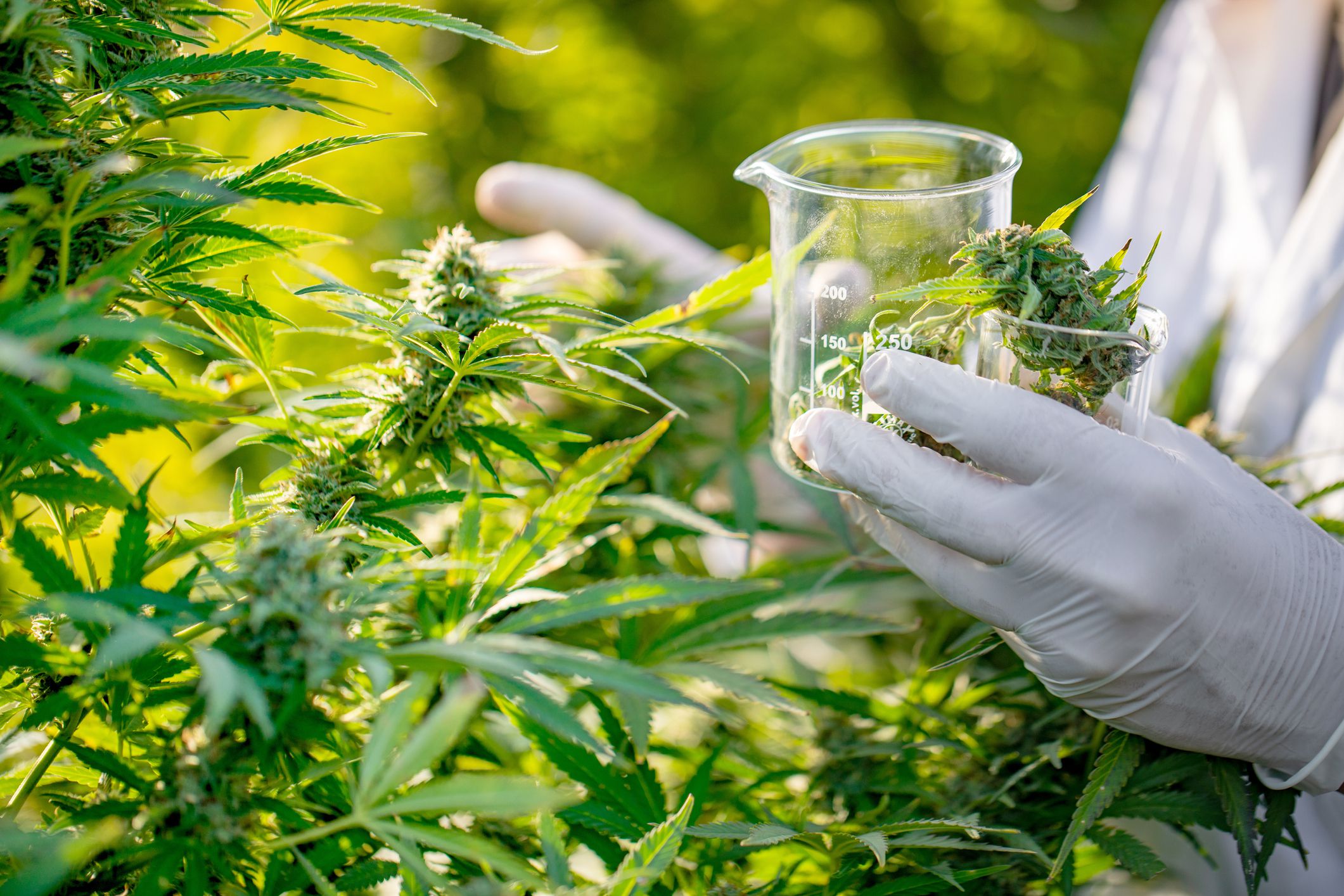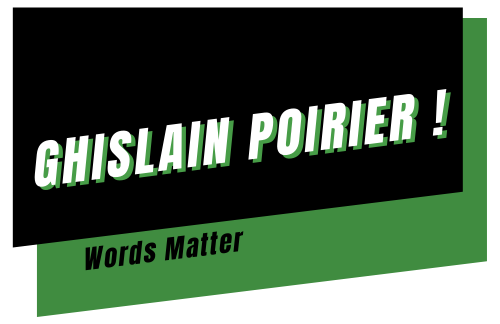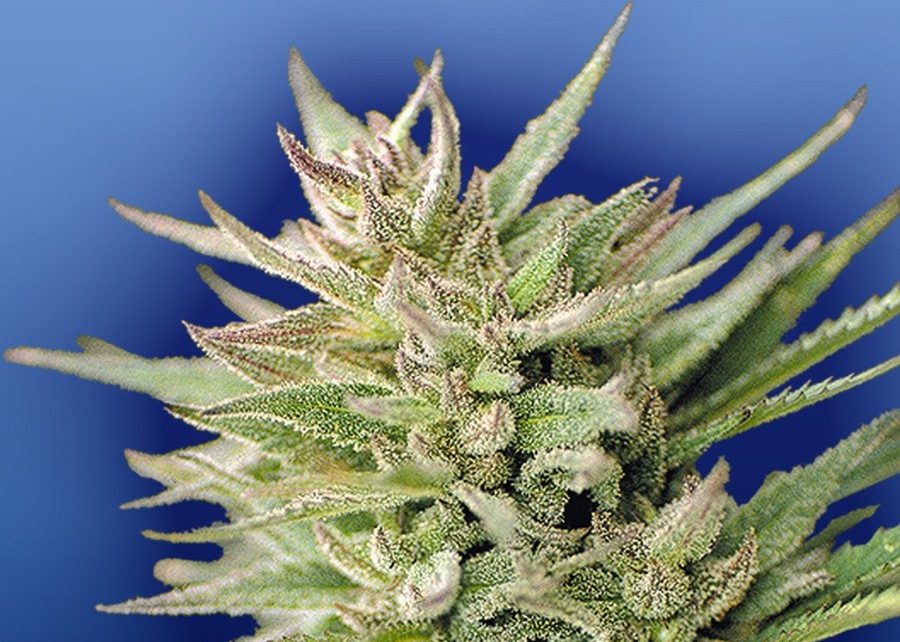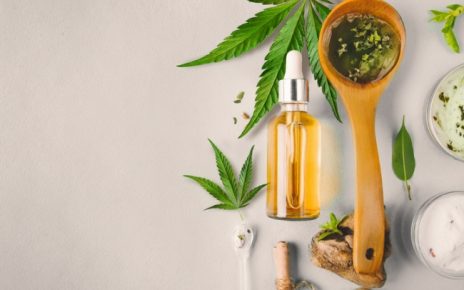You can successfully pass a drug test by THC detoxing. Unsure of how this operates? We are prepared to assist. We have put together a list of the top THC detox products that will remove the toxins from your body and give you a fresh start. You can choose the option RECOMMENDED BY theislandnow that best meets your needs.
Whether you’re an adult or a teenager, your brain and body are affected by cannabis. It’s an intoxicant that can cause paranoia, anxiety, sleep disorders, depression and more. And while many people find their way to cannabis because of the positive effects it has on their lives, others use it for recreational purposes. That’s why there’s a growing trend in the medical world towards “cannabis detox.”
While there isn’t much research into cannabis detox, it seems to target the mental side of cannabis addiction. The theory behind this treatment is that when someone smokes too much weed, they lose touch with reality. They may experience withdrawal symptoms like restlessness, irritability, insomnia, mood swings, increased appetite and even nausea. These symptoms can lead to psychosis if left untreated. In fact, about 1% of users have been known to suffer from full-blown schizophrenia.
If you’ve smoked too much weed and want help getting off of it, here are four ways cannabis detox could be the answer.
- CBD oil
CBD is short for cannabidiol. It’s a non-psychoactive compound found in marijuana plants, but unlike THC, which causes the high associated with cannabis intoxication, it doesn’t produce any kind of euphoric effect. Because of this, it won’t get you high. So CBD is safe to consume in its pure form and some companies make it out of hemp as opposed to cannabis.

In most cases, CBD is thought to be a safer alternative than other methods of cannabis detox. But how exactly does it work? There are two main theories. One says that CBD helps reduce inflammation throughout the body. This reduces the amount of THC that gets absorbed in the bloodstream, making it easier to wean yourself off of it.
The second theory holds that CBD actually blocks receptors in the brain that trigger feelings of euphoria. This means that without the feeling of being stoned, you’ll feel less likely to use again. The CBD may also help regulate serotonin levels and improve sleep patterns.
- Green tea
Green tea contains a compound called epigallocatechin gallate (EGCG). This chemical can inhibit enzymes that break down THC. As a result, more THC will remain in your system longer than normal. Studies show that EGCG can help decrease the level of THC in your blood by up to 50%.
- Acupuncture
Acupuncture is another option for cannabis detox. Like CBD, it works by reducing inflammation and improving the body’s ability to metabolize THC. It’s believed that acupuncture stimulates the nervous system, which triggers the release of endorphins in the body. Endorphins are naturally produced in the body and function as a natural pain reliever and emotional stabilizer.
- Psychedelics
Psychedelics (also known as psychedelics) are illegal drugs that alter the user’s perception of reality. For example, LSD temporarily alters how your brain perceives color, sound and space. Other psychedelics, like DMT, can induce hallucinations and a sense of transcendence. Some believe these substances can allow users to escape the ego and enter a spiritual realm.
There’s not much science around psychedelic detox, but anecdotal evidence suggests they might help with cannabis withdrawal. Many people swear by them, saying they helped them quit smoking pot all together. However, there are some risks involved, so you should speak with a doctor before trying anything new.
- Hypnosis
Hypnotherapy uses suggestions to change your thoughts and behavior. When used to treat addictions, hypnosis aims to replace negative behaviors with positive ones. If you smoke regularly and know it’s bad for you, for instance, hypnosis may teach you to associate nicotine with anxiety instead of pleasure.
This method is controversial among therapists because there is no scientific evidence proving its effectiveness. Still, there are plenty of stories online from people who claim to have successfully used it to quit smoking pot. A few studies suggest that hypnosis can help relieve cravings and reduce stress, so it might be worth a try.
- Naltrexone
Naltrexone works by blocking dopamine receptors in the brain. This makes you less sensitive to the pleasurable effects of cannabis. While naltrexone has been shown to help curb alcohol abuse, it hasn’t been proven effective against cannabis.
- Alcoholism
If you’re addicted to alcohol, one of the best ways to kick the habit is to switch to something else. Alcohol can cause memory loss, increase aggression, impair judgment, and cause heart disease and liver damage. So if you’ve tried everything else to beat your addiction and it hasn’t worked, it might be time to consider going cold turkey.

Alcoholism affects millions of Americans each year, and it can take years to overcome. If this option sounds appealing, it’s important to realize that it’s just temporary relief. To fully recover, you’ll still need to stay sober long enough for your body to stop craving alcohol.
- Marijuana-infused food/drinks
Marijuana-infused edibles are becoming increasingly popular because they provide a quick and easy way to get high. You don’t have to smoke weed anymore! Edibles come in various forms, including candies, drinks, baked goods and even chocolate bars.
But while eating these treats might be convenient, they’re not healthy. Most of the THC is stored in the fat cells, where it stays after you eat it. Plus, consuming too much THC can lead to liver problems. So if you haven’t already, it’s probably time to give up the weed.
- Cannabis oil
Cannabis oil is made using whole plant extracts. Because it’s made from the entire plant, rather than just a single compound, it contains many different cannabinoids and terpenes. It’s commonly recommended for chronic pain, depression and anxiety.
It’s not clear if cannabis oil can help with cannabis withdrawal. However, it might be helpful at treating cannabis addiction. According to a study published in 2014, patients who used cannabis oil reported fewer cravings and experienced less severe withdrawal symptoms than those who only took pills.
- Herbal remedies
Herbs like St John’s Wort, valerian root and kava kava are used to treat mild symptoms of marijuana withdrawal. However, there’s little scientific evidence supporting their effectiveness.
And while some people swear by herbal remedies, others worry that they could interfere with pharmaceutical treatments. If you decide to try one, it’s best to consult a physician first.
For more information about cannabis and health, see our article on whether marijuana is good for you.


